Based on the evolving landscape and challenges of education in the digital age, Harbin Engineering University emphasizes both theory and practice. The university strengthens digital intelligence empowerment and continually promotes transformative changes in education and teaching through innovative digital environments and methods. This approach aims to cultivate top-tier innovative talents that meet contemporary demands.
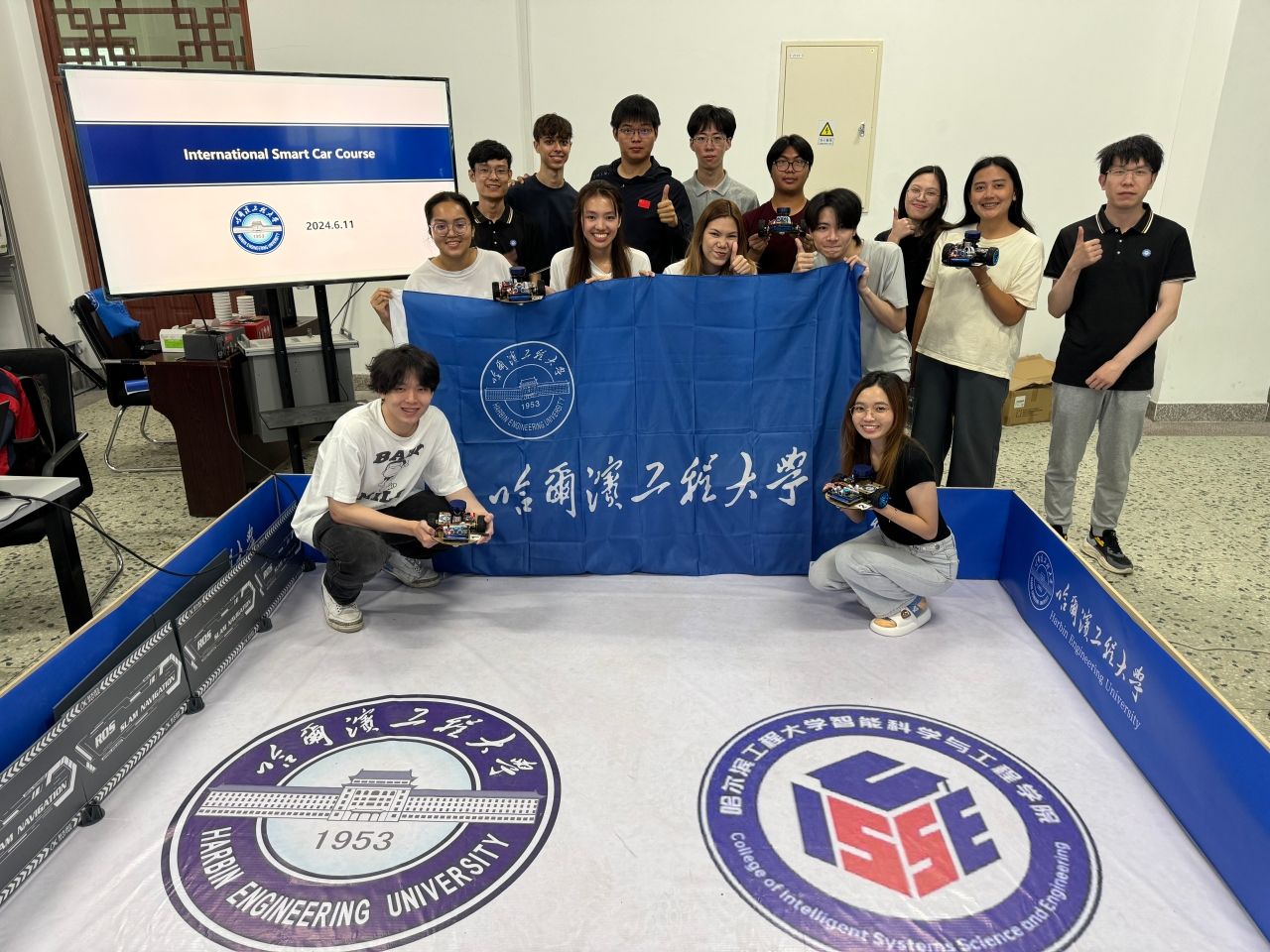
International Summer Camp for College Students: Science and Technology Innovation Activities
The experimental center is accessible to all students, providing support for those with an interest in science and technology innovation to enhance their creative and practical skills.
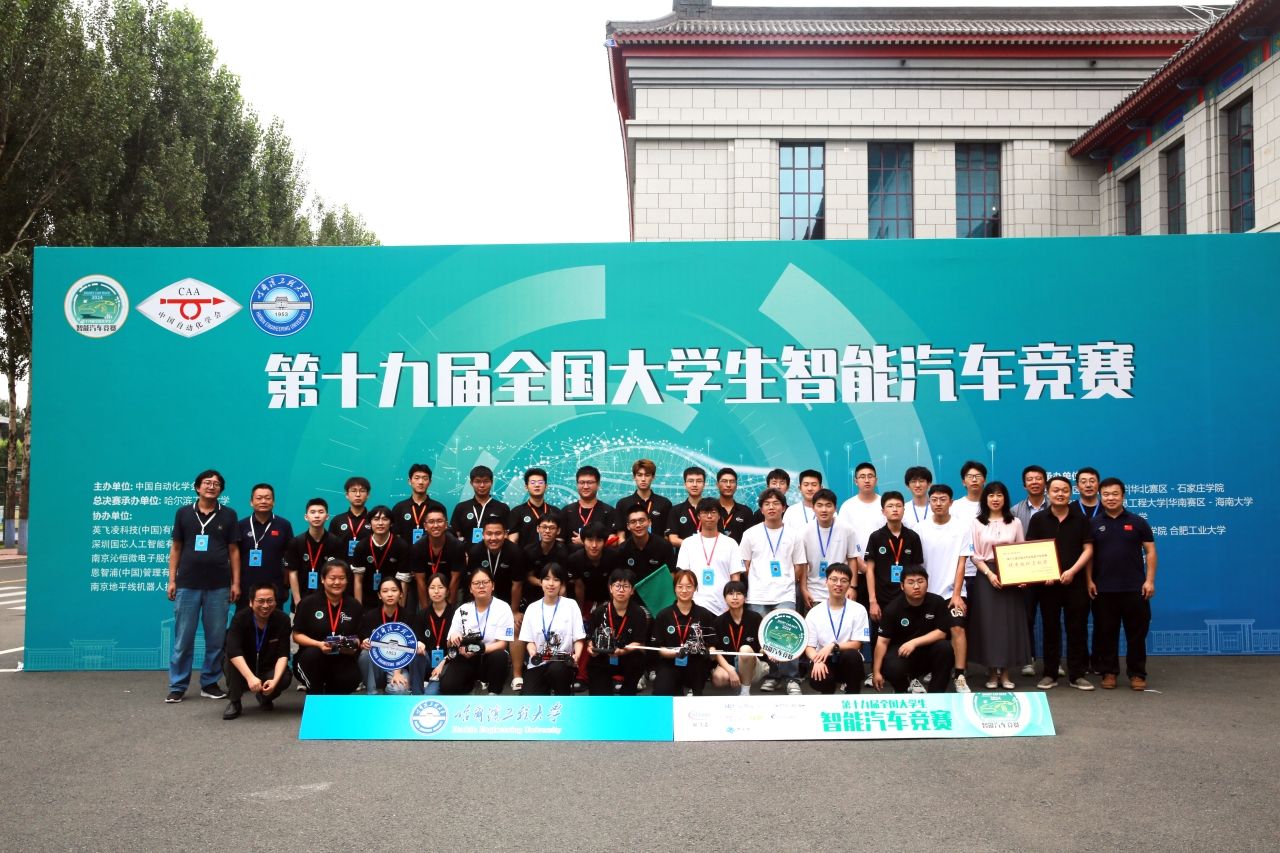
Participants of the 19th National College Student Intelligent Car Competition
The award-winning participants of the National College Student Intelligent Car Competition all began their journeys here, and many key members of the research team launched their research efforts at this center.
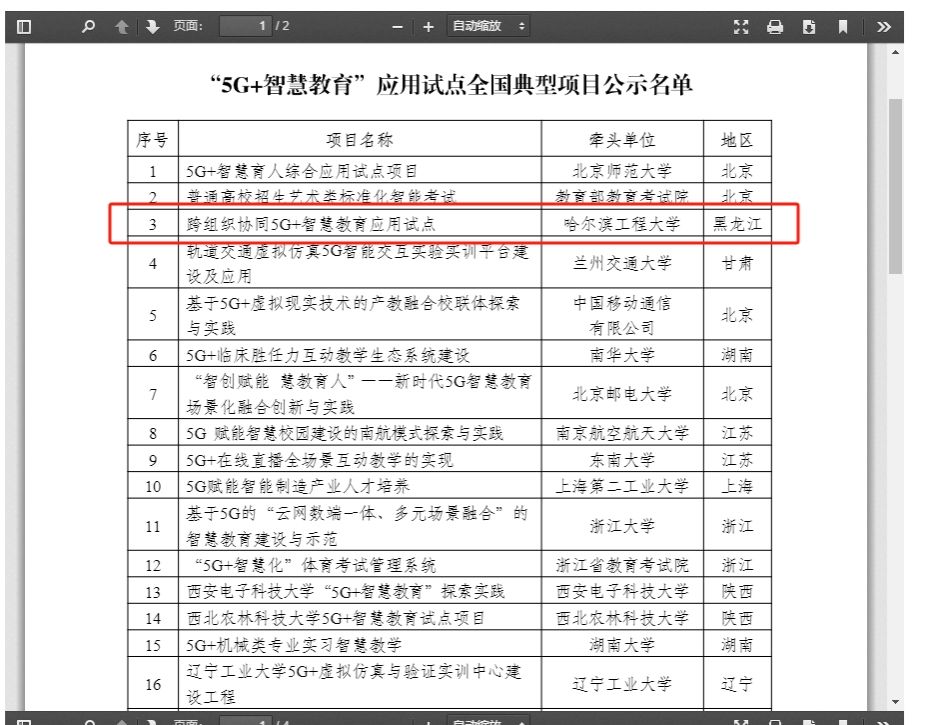
HEU Project Selected as a National Model for "5G + Smart Education"
HEU is among the first institutions to join the Ministry of Education's Huawei "Intelligent Base" for Industry-Education Integration Collaborative Education. This initiative offers cloud and ground dual-engine computing power to support jointly developed courses, significantly enhancing intensive computing experimental courses and students’ scientific and technological innovation activities.
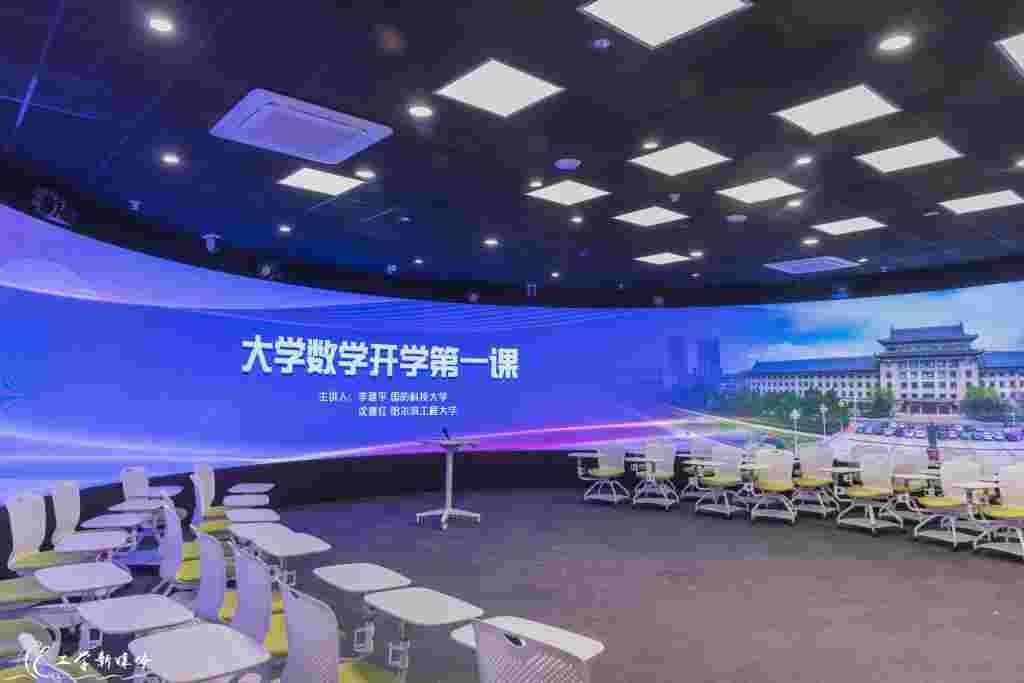
HEU's Panoramic Teaching Space
The university has also established 395 smart classrooms, including seminar rooms, immersive classrooms, and panoramic classrooms, as well as a smart teaching platform called "Education Resource Cloud." This initiative has achieved full coverage of smart classrooms, facilitating transformative changes in education and teaching through advanced digital environments and methodologies.
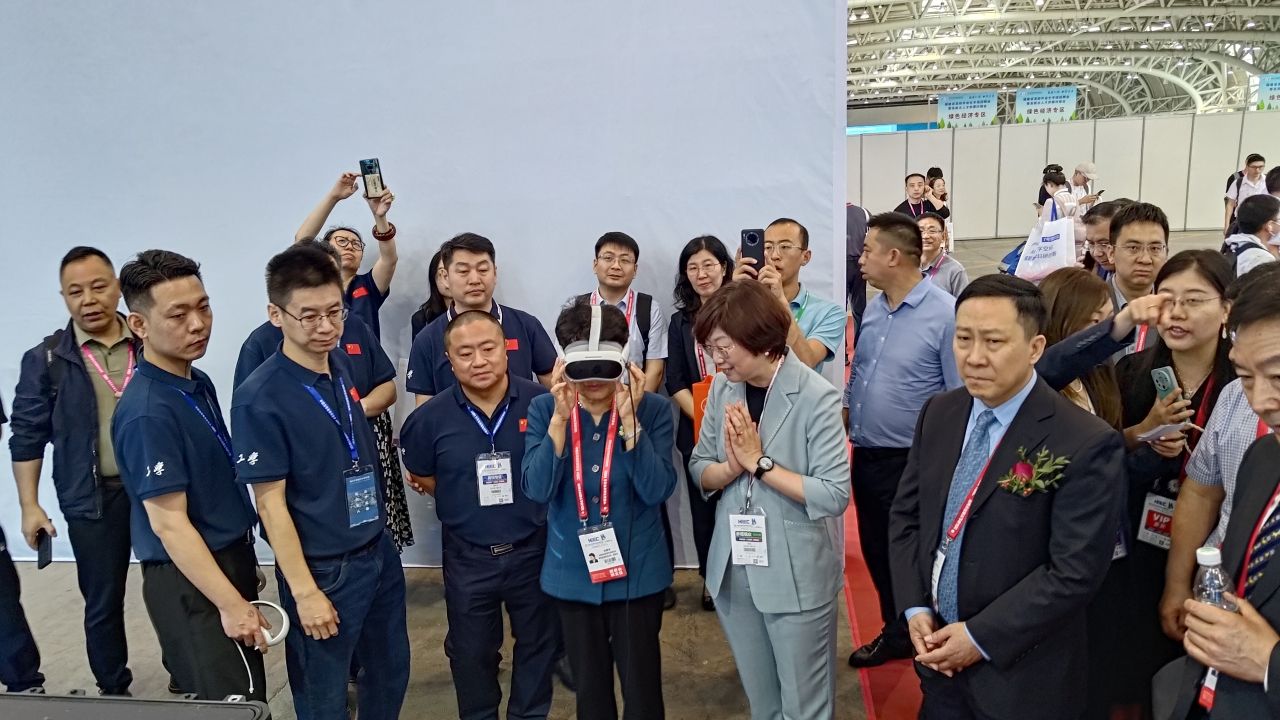
Former Vice Minister of Education and Vice President of the China Association of Higher Education, LIN Huijing, and Her Delegation Experience Virtual Assembly at the High-Tech Expo
At the 61st China Higher Education Expo held in Fuzhou in April this year, HEU's exhibition area, featuring ocean blue as the main theme, attracted large crowds. Fourteen physical exhibits showcased the achievements of the integration of science, education, and industry, all with distinct marine characteristics, drawing participation from experts and industry leaders.
Among the highlights was the VR-enabled diesel engine virtual teaching equipment, which captivated many attendees. Wearing the VR headset, participants found themselves in a spacious laboratory centered around a diesel engine. They could interact with tools and components on the table and even disassemble the engine.
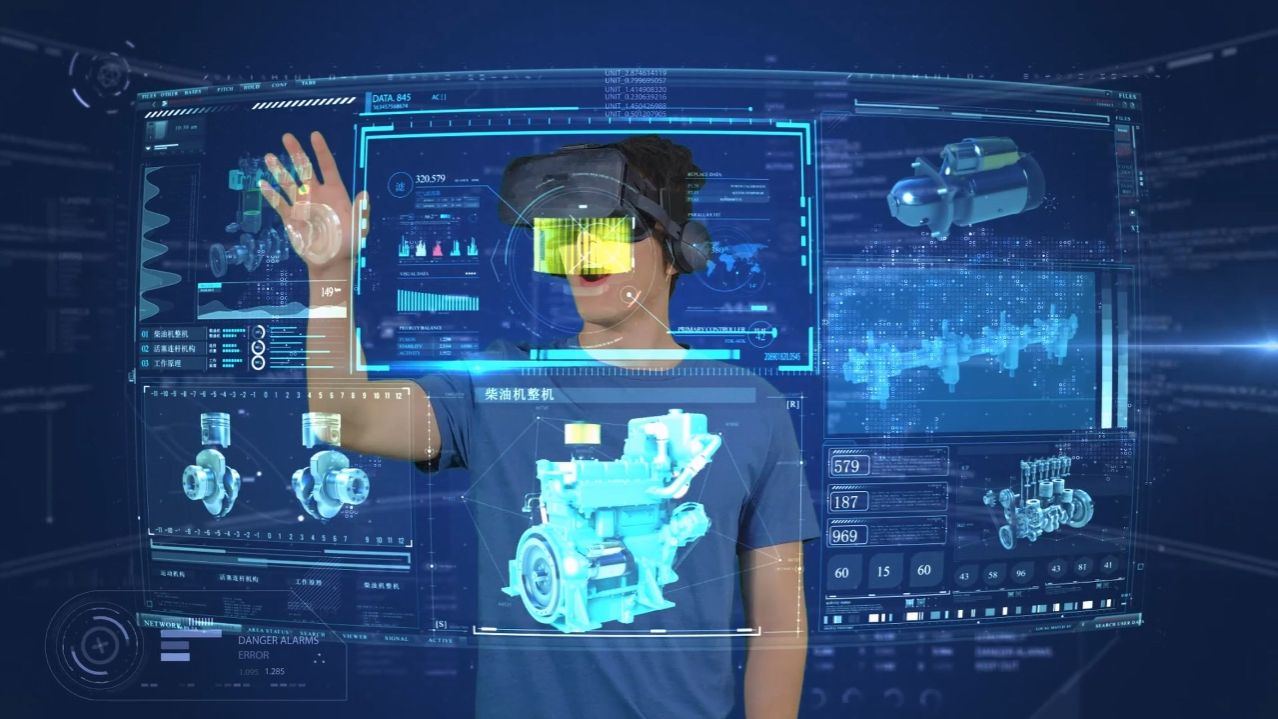
VR System for Diesel Engine Virtual Teaching Equipment
Virtual devices significantly reduce equipment costs and can be utilized without limitations or wear and tear. They also enable operations that traditional teaching cannot offer. In the virtual lab, the team simulates the combustion process within an internal combustion engine through simulation calculations, allowing students to observe in real time for a clearer and deeper understanding of the principles involved.
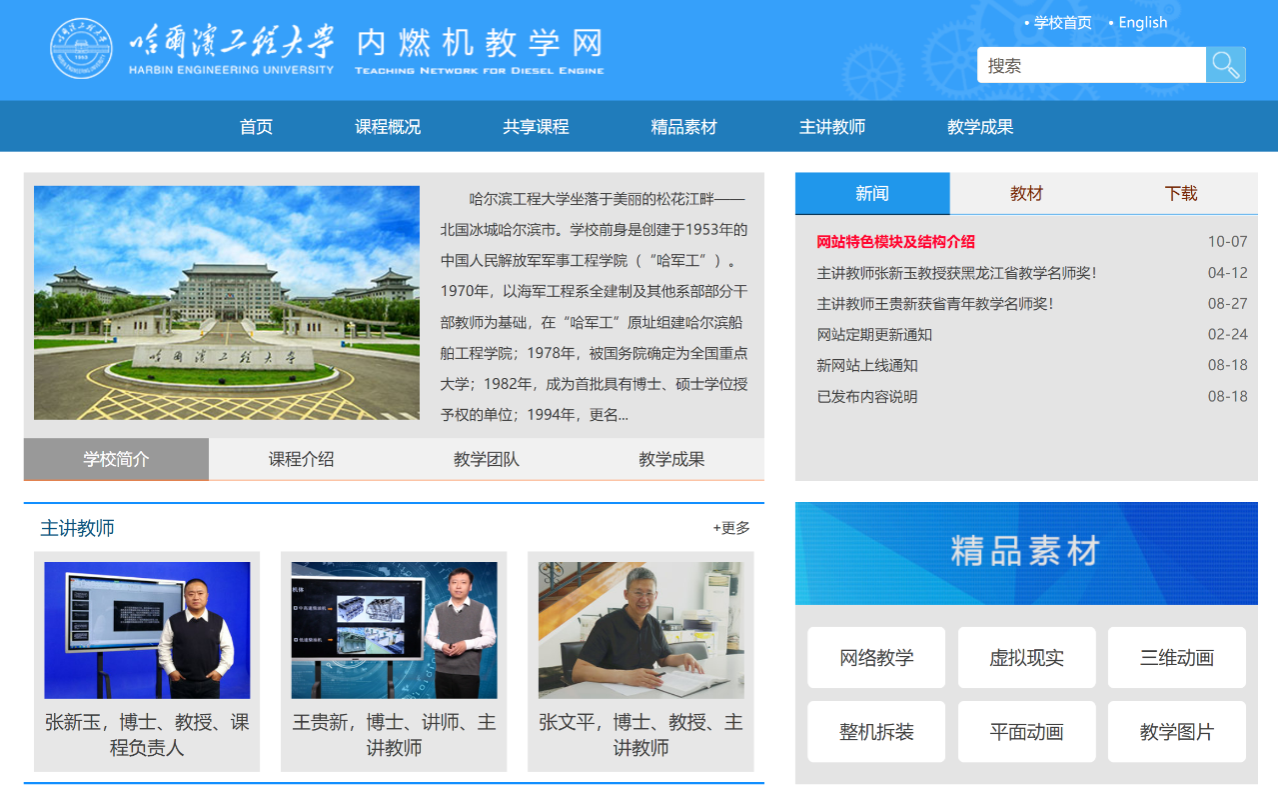

Practice Class Teachers Set Up Virtual Ship Types and Sea Conditions Before Class
By employing virtual simulation software to create a practical "cloud classroom," students can immerse themselves in simulated "shipyards" and "cruisers" within the lab. This approach addresses the lack of physical references in professional learning, helping students grasp the current practices and methods in green shipbuilding and intelligent shipbuilding in China, while also enhancing their interest in ship and sea engineering.
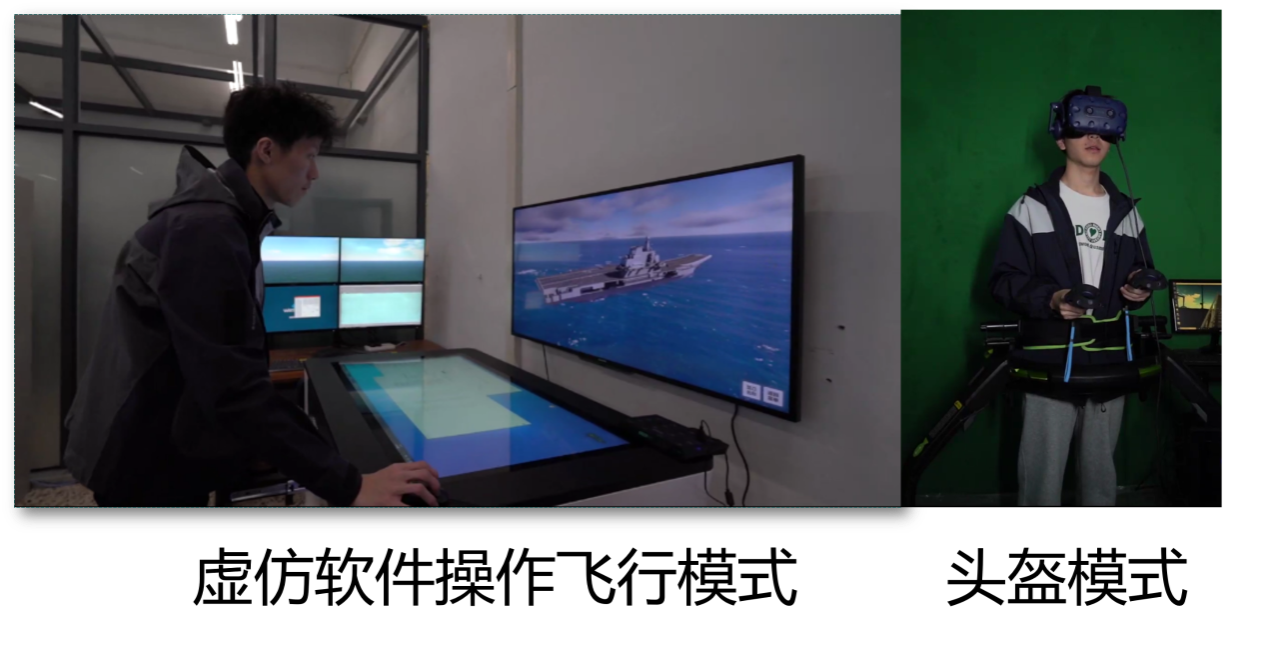
Student Application Software Development Plan Validated Using Virtual Helmets
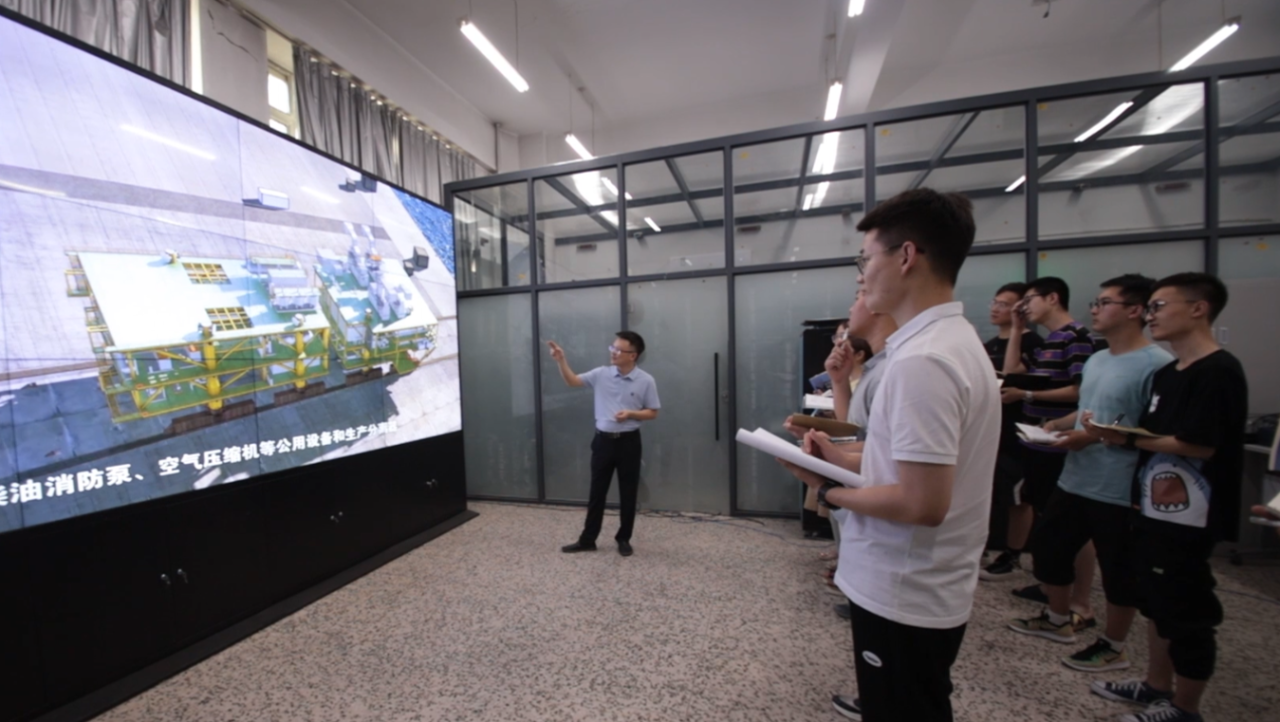
Offline Explanation Scene of "Ship Sea Virtual Reality and Simulation"
HEU encourages faculty to translate high-level scientific research into high-quality educational resources, strengthening the integration of science and education. The university aims to deeply embed cutting-edge digital technologies—such as artificial intelligence, virtual reality, digital twins, and cloud computing—into professional courses and practical activities. This initiative promotes the transformation and upgrading of traditional practical teaching. By utilizing advanced technologies like virtual simulation, HEU seeks to help students achieve a more intuitive understanding of abstract concepts and complex knowledge, thereby enhancing the efficiency and quality of practical instruction.
Four virtual simulation experiments, including the installation of ocean platforms, have received national first-class course recognition. The first batch of 28 smart courses has been launched nationwide, and HEU teachers have won 10 awards in the National College Teacher Teaching Innovation Competition, leading the country in both the new engineering and basic course categories.
